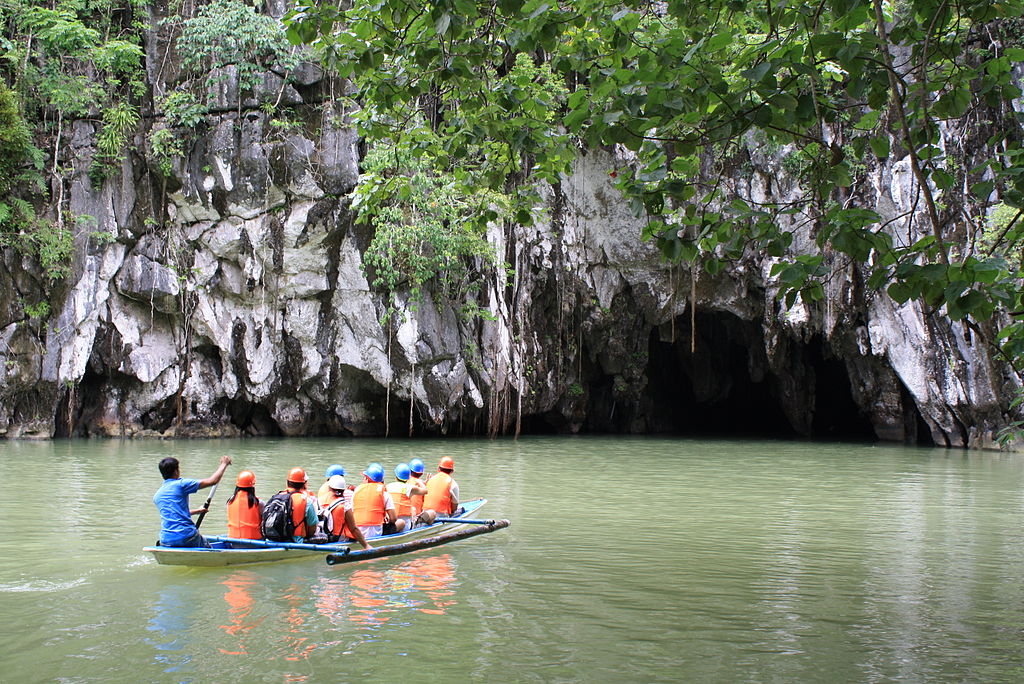Key Difference – Tourism vs Ecotourism
Tourism is the act of traveling to various places for leisure, and it can also refer to the commercial organization and operation of holidays and visits to places of interest. Ecotourism, on the other hand, is a specific type of tourism that focuses on the conservation of nature and the well-being of local people. The main difference between tourism and ecotourism is their relationship with nature; while tourism doesn’t prioritize the well-being of the local population or conservation, ecotourism aims to minimize impact on both people and the environment.
What is Tourism?
The World Tourism Organization defines tourism as “people traveling to and staying in places outside their usual environment for not more than one consecutive year for leisure, business, and other purposes.” Tourism can be classified into domestic, inbound, and outbound. Domestic tourism involves residents of a country traveling within that country, inbound tourism refers to non-residents traveling in a given country, and outbound tourism involves residents of a country traveling to another country.
Tourism is an essential source of income for many countries and regions, supporting local economies by creating demand for local goods and services. Various service industries, such as transportation services, hospitality services that provide accommodations, and entertainment venues, benefit from tourism.
Tourism can also be classified into different categories, including sustainable tourism, mass tourism, nature tourism, eco-tourism, and educational tourism. Tourism has both advantages and disadvantages; it can create new jobs, develop local infrastructure, and boost a country’s economy, but it can also cause environmental damage and cultural pollution.
What is Ecotourism?
Ecotourism involves people traveling to natural areas with the intention of enjoying their natural beauty, conserving the environment, and learning about the environment and local culture. The International Ecotourism Society (TIES) defines ecotourism as “responsible travel to natural areas that conserves the environment, sustains the well-being of the local people, and involves interpretation and education.” Destinations with cultural heritage sites and unique flora and fauna are primary attractions in ecotourism.
Ecotourists aim to minimize their impact on the environment, often employing methods such as reusing and recycling, composting, water conservation, and reducing their carbon footprint to conserve nature. They also strive to educate tourists about local culture and promote environmental awareness. Ecotourism programs may provide funds for conserving natural sites.
Popular ecotourism destinations include the Amazon, Costa Rica, Kenya, Botswana, the Blue Mountains in Australia, the Galapagos Islands, Palau, the Himalayas, Dominica, Alaska, and the Norwegian Fjords.
What is the difference between Tourism and Ecotourism?
Definition:
– Tourism is defined as people traveling to and staying in places outside their usual environment for not more than one consecutive year for leisure, business, and other purposes.
– Ecotourism is responsible travel to natural areas that conserves the environment, sustains the well-being of the local people, and involves interpretation and education.
Purpose:
– Tourism involves various purposes, such as leisure, business, education, and entertainment.
– Ecotourism focuses on the conservation of nature and the well-being of the local people.
Destination:
– Tourism can involve different destinations.
– Ecotourism typically involves a natural attraction.
Impact on Environment:
– Tourists often don’t prioritize the impact on the environment and local people.
– Ecotourists strive to minimize their impact on the environment and local people.
